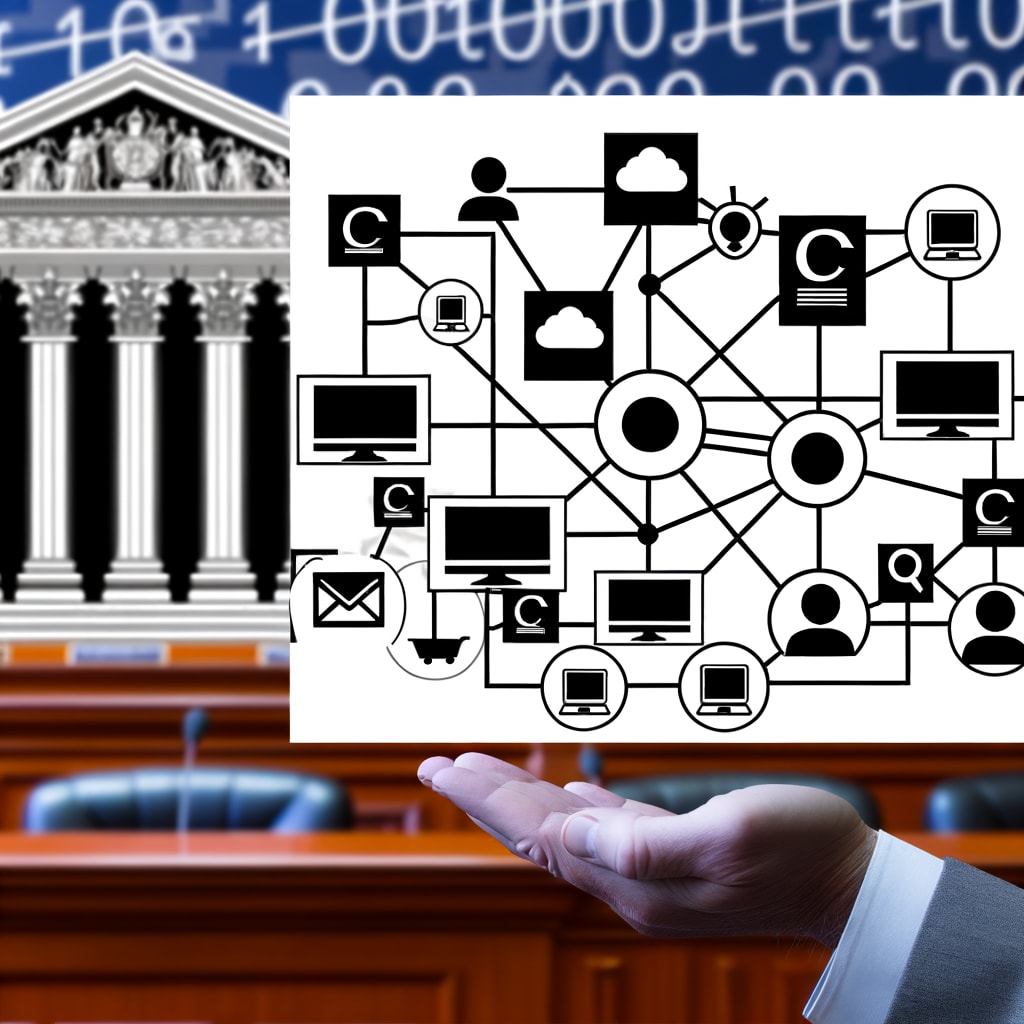Meta Triumphs in Major Antitrust Case, Judge Rules No Monopoly
Meta Platforms, the parent company of Facebook, Instagram, and WhatsApp, has emerged victorious in a significant antitrust lawsuit that could have led to the company's break-up, according to international reports. A United States district judge ruled that Meta does not hold an illegal monopoly in the social media market, a decision that could have far-reaching implications for big tech companies and antitrust enforcement.
The Context
The Federal Trade Commission (FTC) of the United States had filed the lawsuit against Meta five years ago, alleging that the company's acquisitions of Instagram and WhatsApp had unlawfully stifled competition in the social media landscape. The FTC's attempts posed an existential threat to Meta, potentially requiring the tech giant to divest Instagram and WhatsApp.
The Court Ruling
In a decisive ruling, District Judge James Boasberg stated that the FTC had failed to prove that Meta's acquisitions of Instagram and WhatsApp allowed the company to illegally monopolize the social media market. He noted that the social media landscape had 'changed markedly' since the lawsuit was brought. Judge Boasberg concluded that Meta faces sufficient competition from rivals such as TikTok and YouTube, which prevents the company from exercising monopoly power.
Implications for Big Tech
This ruling marks the first significant victory for big tech against an antitrust crackdown started in US President Donald Trump’s first term. While regulatory scrutiny had deterred big tech firms from outright purchasing start-ups in the past, Meta's antitrust win may alter that thinking. The victory could potentially pave the way for Silicon Valley to engage in more deal shopping.
This conclusion doesn't only impact Meta. The FTC is currently pursuing a separate antitrust case against Amazon.com, and this ruling could set a precedent that influences the outcome of similar cases in the future.
Conclusion
The ruling is a major setback for the FTC and a significant victory for Meta. It marks the end of an existential challenge to Meta's business, securing the company's control over Instagram and WhatsApp.
However, the implications of the case go beyond Meta. The ruling could shape the future of antitrust enforcement, potentially influencing how such cases are handled in the future, especially concerning big tech companies. Despite the changes in the social media landscape, regulatory scrutiny of tech giants remains a hot topic, and this ruling adds an essential chapter to the ongoing narrative.

